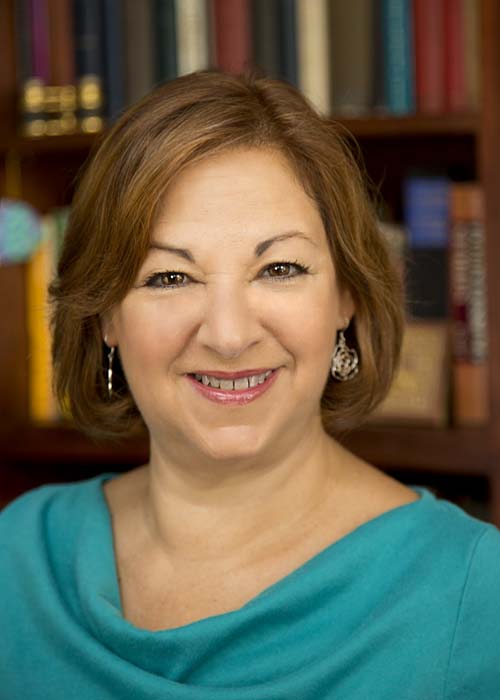 Welcome! On this website, I’m happy to describe some of what I’ve learned from Aesthetic Realism, the philosophy founded by Eli Siegel—American poet, critic, and educator. Aesthetic Realism is education in the largest sense. It teaches people how we can see the things that affect us every day in a way we’re proud of: our feelings about other people, work, love, education, the arts, and endlessly more—including great distress and anger about events in our nation and the world.
Welcome! On this website, I’m happy to describe some of what I’ve learned from Aesthetic Realism, the philosophy founded by Eli Siegel—American poet, critic, and educator. Aesthetic Realism is education in the largest sense. It teaches people how we can see the things that affect us every day in a way we’re proud of: our feelings about other people, work, love, education, the arts, and endlessly more—including great distress and anger about events in our nation and the world.
Studying Aesthetic Realism has strengthened me in many ways, and has made me more and more the person I hope to be. I have a full, joyful, and useful life, which includes a rich, successful career as an English educator in New York City and a deep and happy marriage.
On the pages of this site, you can learn about:
the tremendous effectiveness of the Aesthetic Realism Teaching Method.
which has been used with great success by many K-12 teachers in the NYC area, including me.
talks presented at public seminars at the Aesthetic Realism Foundation
on subjects that concern everyone: including love, kindness, justice, and how to see other people. From my papers, and others by some of my colleagues, you’ll see how the study of Aesthetic Realism makes for real pride and self-respect!
lectures by Eli Siegel and classes taught by Ellen Reiss, the Aesthetic Realism Chair of Education, with whom I’m proud to study.
You can read here my reports of some of these lectures on poetry, the relation of art and science, and the wonderful meaning of idioms. Among them are:
- Man Is Poetically Shown in Southern Road, 1932, about the African-American poet Sterling A. Brown
- Art Is within Science, about the history of movements in art, and their relation to aspects of science
And here are links to reports of other lectures by Mr. Siegel, written by my colleagues:
- Lynette Abel, on the lecture on an important but little-known play about World War I, Miracle at Verdun,
- Meryl Nietsch-Cooperman on Mr. Siegel’s discussion of Alexander Pope’s “Essay On Criticism“
Featured article:
The Beauty of Baseball Shows Us How We Want to Be! — In this exciting talk, originally given at the Baseball Hall of Fame in Cooperstown, my colleague Ernest DeFilippis tells how Aesthetic Realism explains the beauty of America’s national pastime.
And here are links to many resources I find valuable.
Websites useful for English teachers
Further resources about the study of Aesthetic Realism.
To start reading, click on any of the links on the right or the tabs in the menu above. You can also check out my blogs: “Aesthetic Realism and the Works of Edith Wharton,” and “The Aesthetics of…”. Enjoy!
